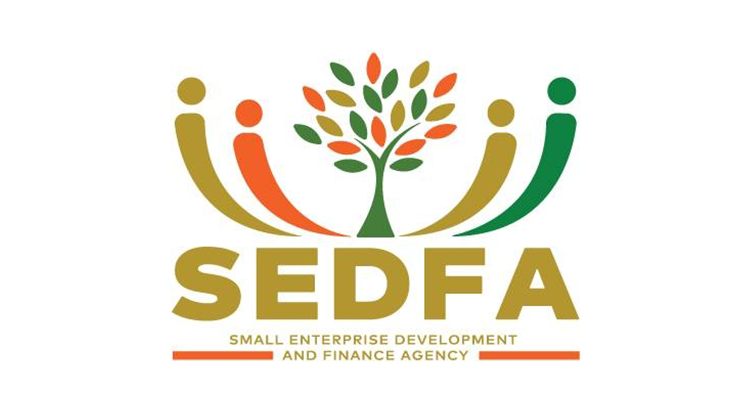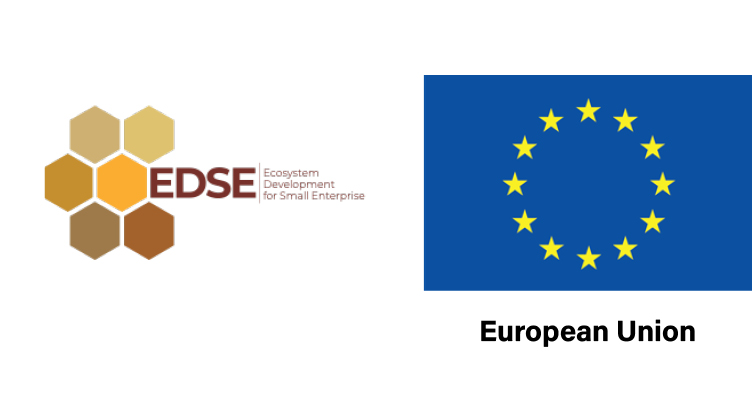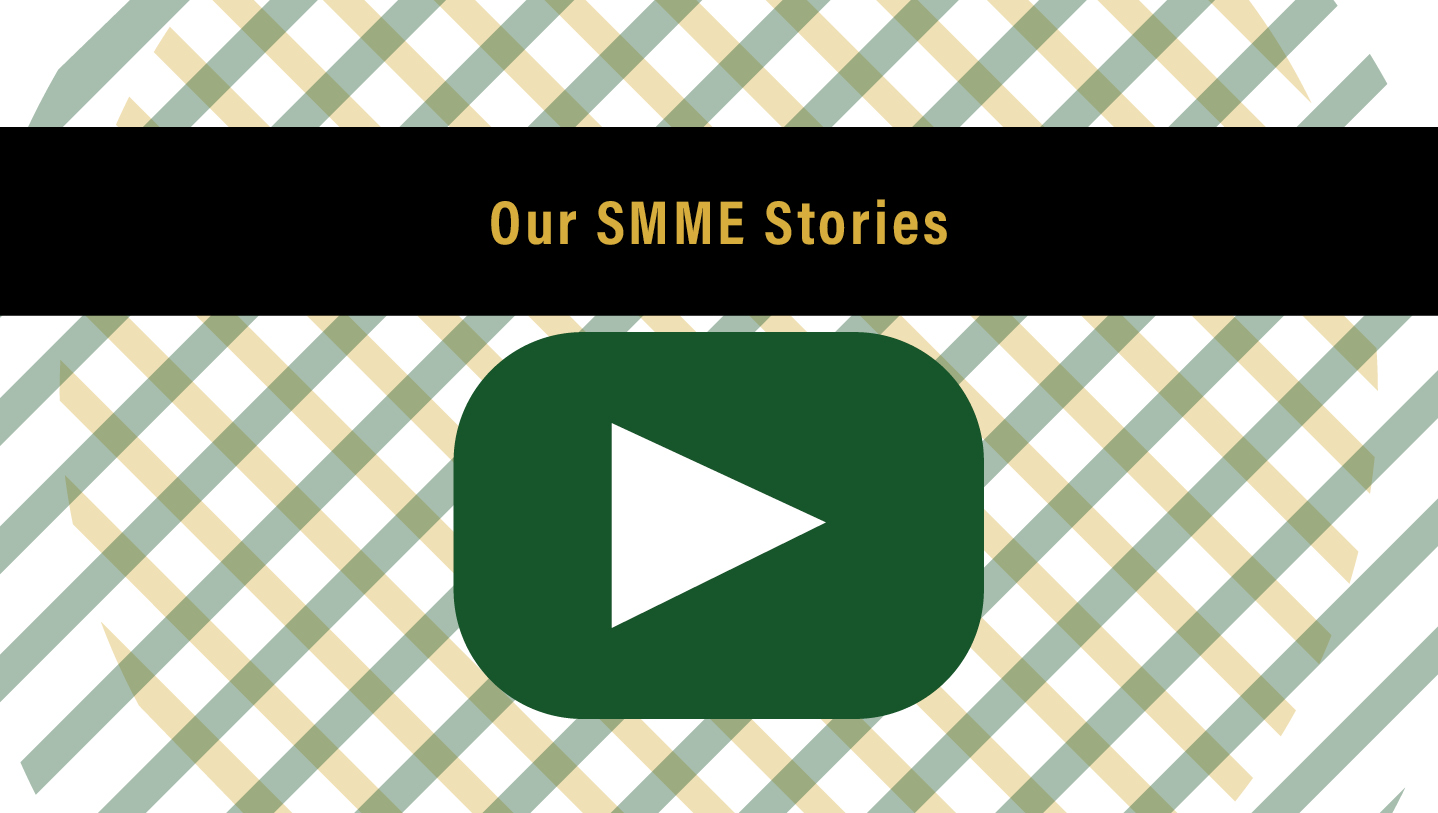Minister of Small Business Development, Khumbudzo Ntshavheni on measures/ instruments to improve access to finance for SMMEs at the Centre for Entrepreneurship and Rapid Incubation, Ekurhuleni TVET college
15 Nov 2019
We are at this Centre for Entrepreneurship and Rapid Incubation of the Ekurhuleni TVET college, Katlehong campus because we committed that SMMEs must have access to strategic resources such as skills, knowledge networks, finance, and access to facilities/platforms, amongst others, that will enable them to nurture their innovative ideas. This is one of the facilities/platforms where we nurture entrepreneurship, and it is not only available to students but the small business community of Katlehong and adjacent areas. It is significant for us to hold this media briefing in a township where government has already invested resources including technology, infrastructure and technical skills to support businesses.
During the budget speech, in July 2019, the Minister for Small Business Development, Khumbudzo Ntshavheni announced specific goals and targets that would guide the work for the term of office of the 6th administration. The Department is today announcing progress that has been made towards the goal of improved access to finance, including initiatives to make SMME finance more accessible and affordable.
Access to finance is impacted by a variety of factors but the Department considers four (4) fundamental determinants as imperative:
I. Location of business support service and the times it takes to approve applications for funding.
II. Requirements imposed on SMMES
III. Complex application forms and,
IV. Cost of Finance
1. Location of business support services (SEFA and SEDA) and turnaround times to communicate funding decision
While SEFA offices are located across all Provinces with a presence of 82 offices across the districts, majority of our SMMEs still do not know about SEFA and where to find them. The Department has started to improve communication about our agencies and our programmes including the various funding instruments available through us. The department has decided to avail SEFA and SEDA services through all our incubators and LED units of municipalities. The incubators and LED units will be supported by the regional offices of our agencies. The training of LED officers and staff at incubators will commence at the Districts where the President has already launched the District Development model. The Department is engaging with SALGA on a national roll-out programme. In addition, application for SMME funding by SEFA is available online at www.sefa.org.za.
SEFA has started to improve on the time it takes to make, and communicate funding decisions. For online applications, an applicant is guaranteed to receive feedback on the completeness of their application within two (2) days of submitting the form. When the application is hand delivered at the SEFA offices, an applicant should get immediate feedback. SEFA is implementing a 20-days turnaround time on bridging finance and 30-days on term loans from the date of receipt of an application, to the date of communicating a funding or non-funding decision to the applicant. This is but a start, as we continue to work on improving the SEFA turnaround times to match those of private banks. The goal of the department is to have SEFA implement turnaround times of 5-days on bridging finance and 10-days on term loans within the next three (3) years.
2. Requirements imposed on SMMES
Another major impediment to funding access by SMMEs is the requirement to provide unencumbered funds when SMMEs apply for funding. In this regard, SEFA does not have a requirement for unencumbered funds but requires operational involvement of the owners in the business.
3. Common Application Template
Incidents where small businesses have to pay consultants to complete applications for funding are all too common in our country and this has served to discourage entrepreneurs who have viable businesses or business ideas but lack money to pay consultants. During the Department’s Budget Vote address, the Minister committed the department to “adopt business templates that are currently used by NEF as we coordinate the development of common templates with the IDC, Land Bank, and NEF. Our view remains that the adoption of common templates for funding applications by DFIs will improve access to funding and lesson the burden of doing business by SMMEs. We also believe that when these templates are known and available, DFIs will improve the turnaround time in the approval of funding applications”.
The common template is ready! Seda, Sefa and NEF will start to use it, while the Land Bank and IDC are finalizing their processes to adopt the common template as it related to SMME funding. The template is a critical measure that should significantly reduce red tape for our SMEs in terms of the time it takes to develop business plans for various DFIs, and reduce the financial cost of sourcing support from DFIs.
4. Cost of Finance
During the June 2019 SONA Response, the President of the Republic, His Excellency Matamela Cyril Ramaphosa announced that the Department of Small Business Development will introduce a blended financing model with full adoption over the next three years, commencing in the current financial year (2019/2020).
The Minister explained during the Budget Vote address that the blended finance model involves the mixing of grants and loans with the aim to lower the cost of capital for borrowers and increase access to funding. By adopting a blended funding model, SEFA will, strengthen SMMEs capital structures and consequently increase their chances of sustainability. Further, the blended funding model will enable leveraging of SEFA’s funding to achieve higher development impact through the crowding-in of investment to SMMEs. It entails availing capital to SMMEs on a blended basis:
(a) debt funding (which attracts interest on the loan amount dependent on the risk profile of each SMME), blended with. (b) Conditional grant funding. (this is a grant – therefore there is no interest on this capital & the capital is also not repayable provided that the conditions of the grant are met by the beneficiary SMMEs).
The two main criteria for access or to be considered for the Blended Finance Programme are: I. The SMME must be creating or maintaining a minimum of 10 jobs II. The jobs created must be sustainable i.e. the jobs created must remain in existence for a continuous period
5. South Africa’s unemployment challenge
In the past few weeks, South Africa received a mixture of good and bad news. I prefer to remind you about the good news first, which relates to the 2nd SA Investment Conference led by our President. I need not remind you that the 2nd SAIC attracted investment commitments of over R363 Billion into our own economy with a potential to create over 400 000 jobs once the projects are implemented. In addition, the investments announced at the Investment Conference include commitments for SMMEs to participate in the value chains. At the very conference, the Minister participated in a panel discussion on SMEs and Start-ups where she engaged with very innovative young entrepreneurs, whose products and models of business are game changers in the economic sectors they are participating in. That engagement strengthened the view that young people of our country are the future and initiatives to support them must be intensified.
The bad news reached our country through the 3rd Quarter Labour Force Survey report of Statistics South Africa. The report indicated an increase in official unemployment rate to 29,1% compared to the second quarter of 2019. This effectively meant that the number of unemployed persons increased by 78 000 in Quarter 3.
The department of Small Business Development is part of the cluster of departments tasked with a collective responsibility to address the triple challenges of inequality, poverty and unemployment. Our contribution in this regard is through our work to support SMMEs as the ultimate creators of jobs. The department’s response to the unemployment challenge is addressed through:
(a) Funding 100,000 Young Entrepreneurs
During the Budget Vote address, the Minster announced a plan to fund at least one hundred thousand (100 000) young entrepreneurs who will be funded through the Small Business and Innovation Fund (SBIF) over the MTEF. The SBIF aims to promote and facilitate funding of entrepreneurship and innovation in key industry sectors, and enhance financial inclusion by increasing access to finance for enterprises owned by targeted groups (women, young people up to the age of 40, township and rural entrepreneurs). The Small Business and Innovation Fund is a unique fund that is meant to mainly address a particular gap in the funding landscape. The Fund targets underserviced SMMEs in the early stages of the business development cycle but it also includes funding for business expansion. It provides a range of financial instruments beyond what SEFA can ordinarily offer.
For early stages of the business life cycle, the SBIF targets funding for Ideation; Proof of concept; Early stage market entry (commercialization) and business scale up. A range of financial instruments will include debt, quasi-equity, mezzanine and a combination with conditional grants. The SBIF distribution is aimed at achieving provincial and district spread. The department is aware that to sustain large numbers of successful startups, we will require partners and therefore the SBIF makes provision to fund partners (incubators).
The Partners (e.g. incubators) must meet a set criteria, which includes:
I. Have a minimum of 3 years’ relevant track record and demonstrate ability to leverage additional funds from private funders
II. Have systems, processes and credible loan administration system in place with a solid pipeline of SMMEs;
III. The funding must meet developmental impact targets;
IV. Compliant with SEDA general guidelines and standards for incubators and enterprise development.
For individual SMMEs to qualify for SBIF funding one must:
I. be a South African citizen;
II. be registered entity with a fixed physical address;
III. be registered within South Africa;
IV. be compliant with applicable legislation;
V. use the application template that meets the requirements of SEFA’s loan application criteria;
VI. be the majority shareholder and the owner manager of the business;
SEFA has commenced the approval of applications for funding with the target to approve R450 million on the SBIF and R560 million across the other SEFA funding instruments by December 2019, which will cumulatively amount to R1 billion approvals and at least 70% disbursements. To date, SBIF approvals sit at R100 million covering the provinces of the Eastern Cape, KZN and Western Cape and targeting to create/maintain 7517 jobs.
6. Funding SMMEs to create jobs
Through the total SEFA allocations including the SBIF which will cumulatively amount to R11.5 billion over 5-years, the Department will fund 590 000 SMMEs with the estimated jobs created/ maintained totaling 665 000 over the same period. However, the department plans to leverage an additional R10 billion over the 5 years, which should be enable the SMMEs to maintain/ create at least 1 million jobs.
As we announce these measures, we are aware that there will be challenges and we will swiftly respond to them and improve on our work. What is important is that the work has started!!! We are focused on the goal, we are ready for the criticism but we are inspired by the former British Prime Minister, Winston Churchill who counselled us that “success is not final, failure is not fatal: it is the courage to continue that counts”. As a country we have recently learnt this from the world rugby champions, the Springboks.
Let us grow this economy together! Stronger Together
Enquiries:
Priscilla Monama
Media Liaison Officer and Spokesperson
Cell: 066 285 0433
Email: NMonama@dsbd.gov.za




